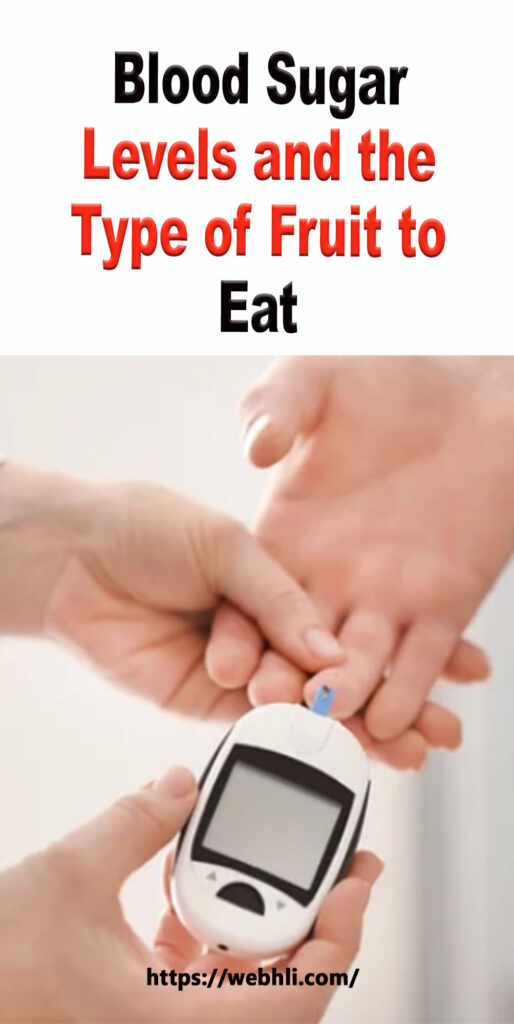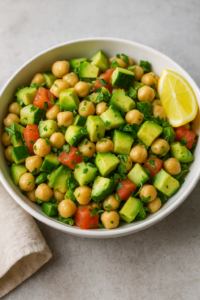
When you were first diagnosed with type 2 diabetes you learned the extra weight you put on over many years, played a large role in you developing type 2. Carrying fat around your abdominal area led to your insulin becoming less effective ... this is known as insulin resistance, meaning your body had to produce more and more insulin to control your blood sugar levels.
Eventually your pancreas could not produce enough insulin and your blood sugar levels started to rise. This is the point at which your type 2 diabetes occurred. Whilst sweet foods did not in themselves cause this condition, excess calories of any kind, sweets, cake, potatoes, sugary drinks and alcohol, or maybe not enough physical activity together with eating too much food, is clearly related to being overweight or obese. Add to this a genetic flaw and obesity makes you more likely to develop type 2.
Good Energy Food for Diabetics
10 Simple Food Concepts Every Person Living With Diabetes Should Know
Making Cheesecake For Diabetics
Enjoy the Taste and Benefits of Diabetic Foods
Will The Mulberry Leaf Help Your Diabetes?
5 DIABETIC FRIENDLY SALADS Some Tasty
DIABETIC LEMON COCONUT COOKIES Some Tasty
50 Healthy Diabetic Recipes That Are The Best
Now you are at this stage you find you need to watch what you eat. Most people like fruit, and yes, you can eat fruit but you need to watch the amount and type you eat.
Eating fruits that contain high fructose or high fruit sugar levels, can lead to problems. This would be like eating pure sugar and pure sugar has a GI value of 100 and eating carbohydrates with a GI value that high would certainly negatively affect your blood sugar levels.
Actually health care practitioners who once believed all fruit was good for the body, have reconsidered that idea and can now see it's the glycemic index of the fruit that matters most. Fruits that rank high on the GI scale include:
- raisins, they are even higher than grapes
- pineapple
- very ripe peaches and nectarines
- cantaloupe and watermelon (but because they are primarily water you can eat one cup of them without having to worry about spiking blood sugar levels)
Lower ranking fruits include:
- cherries
- grapefruit
- prunes
- dried apricots
- apple
- pears
- plums
- strawberries
- oranges
The key is simply select the best carbohydrate fruits ... low-GI, which are equal to fifty-five per cent or less on a carbohydrate ranking. Know which fruits have a high glycemic index and which ones it would be wise to eat in moderation:
- half cup pineapple,
- 10 grapes,
- 2 tablespoons raisins,
- a half a large peach or ripe nectarine
This is one of the ways you start to gain control over your blood sugar levels.
Check out these related articles, too:
What You Should Look Out For For Kidney Failure Symptoms?
Kidney Failure Treatment Without Dialysis
Kidney Diet Secrets That Can Reverse Chronic Kidney Failure
The Effects of High Potassium For Kidney
What Is A Healthy Kidney Diet Plan
Diet Tips For People With Diabetes and Kidney Disease
Are Renal Insufficiency And Kidney Failure The Same Thing
5 Natural Supplements For Chronic Kidney Disease
Bitter Melon Recipe For Diabetes
Be careful though ... even if the carbohydrate you are eating is low GI, you will not be able to get away with eating too much of it. Your blood sugars will not improve and you may not lose any of that extra weight!
If you would like to download a free copy of my E-Book, click here now: Answers to Your Questions [http://drugfreetype2diabetes.com/faq.html] ... it's based on questions diabetics have asked me over recent months.
Beverleigh Piepers is a registered nurse who would like to help you understand how to live easily and happily with your type 2 diabetes.



 Protected by Patchstack
Protected by Patchstack